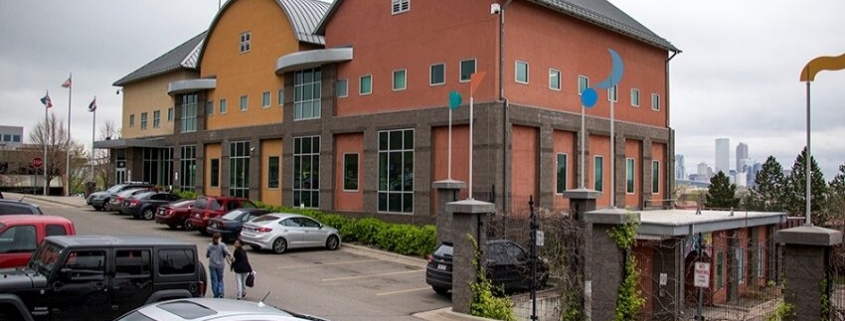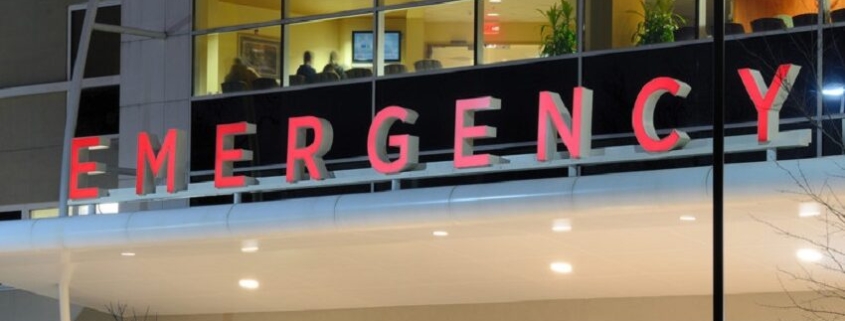Making Healthcare Facility Renovation Or Update Moves With Little Disruption
The need for high-functioning healthcare facilities is as clear as ever.
But what happens when a procedural suite needs to be upgraded? Or a major piece of medical equipment needs to be replaced to provide new treatment options to patients?
Traditionally, healthcare facility renovations or updates to large equipment can put essential treatment areas out of commission. However, Light Detection and Ranging (LiDAR) technology, a new form of Building Information Modeling (BIM) that uses lasered beams of light to measure distance, can be used during a project’s exploratory phase to help. LiDAR provides an understanding of the space inside walls and ceilings and under floors before demolition, greatly reducing the amount of time it takes to prepare for and realize improvements.
Utilizing this technology during non-critical hours of operation, a project team can create a 3-D scan of existing conditions, including sections and elevations, and 3-D views of a designated workspace—all without impacting a hospital’s daily activities. Sometimes discoveries made during this process prompt improvements to plans or allow the project team to avoid issues that may not have been realized until after demolishing a space.
Columbia recently partnered with a longtime healthcare client to use LiDAR to provide 3-D existing conditions scans for several CT rooms, one of which contained one of the only units in the region for bariatric patients. The goal was to replace the CT machines on a fast timeline and avoid unforeseen issues that could add to the project schedule and budget.
A limited number of team members visited the hospital during off-hours and scanned all relevant areas. The scans were uploaded and shared with the project partners, avoiding the need to bring a large group through the facility—a critical feature especially during the COVID-19 pandemic, when it’s essential to limit the number of personnel visiting a facility. Furthermore, utilizing the shared scans online helped establish early and effective collaboration among the design, construction, hospital leadership, and equipment vendor teams, with everyone relying on the same set of factual information.
For this particular project, the LiDAR scan improved and streamlined the process in several ways. For example, during a review of the existing conditions scan during a virtual meeting, a team member noticed an existing nurse call button located on one of the CT room walls that had been missed earlier. This detail required bringing in an additional subcontractor to change the positioning of the electrical system, and recognizing this issue before work got underway meant that the team could properly price and schedule the project.
Because we had scanned areas both below the floor and above the ceiling, the project team could also examine the placement of the existing equipment support beams. Knowing whether these were positioned in parallel or perpendicular fashion ensured the new CT units could be properly fitted without any last-minute headaches. The equipment support vendor was also engaged much earlier in the project, ensuring an accurate budget and proper scheduling.
The information gained using LiDAR technology can enable project teams to confidently design and prepare the layout of the structural support for the installation of new hospital equipment; identify the best placement of equipment with regards to access and end-user maneuverability; highlight and prepare for all utility maintenance access needed during construction; and more accurately time procurement of new equipment and feel secure that it will fit the space requirements.
Healthcare is a constantly evolving arena, and LiDAR technology can help address the challenges associated with necessary equipment replacement and space remodels, making it a welcome tool for the industry.
Source: healthcare design





